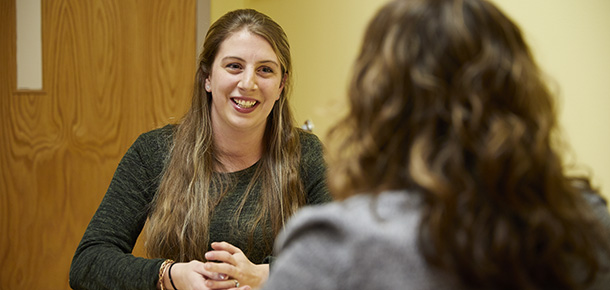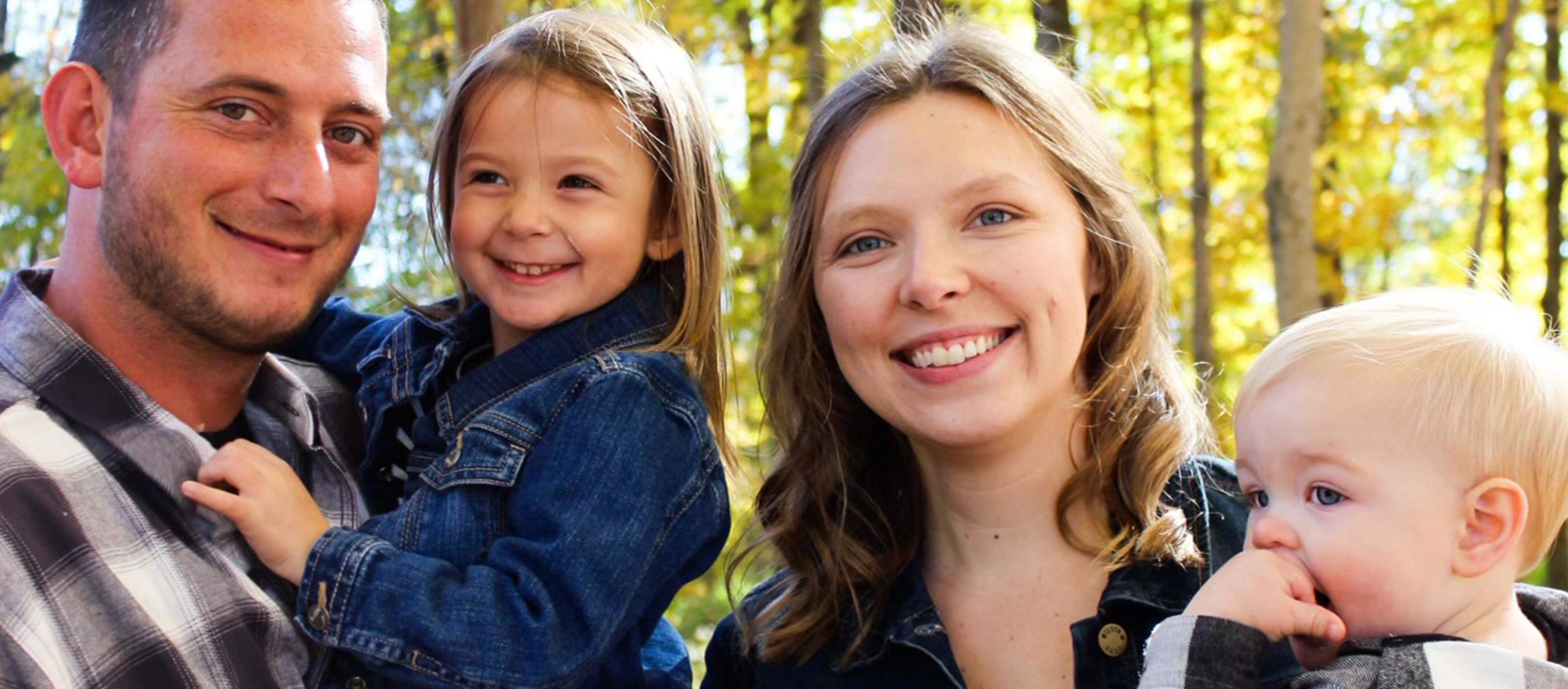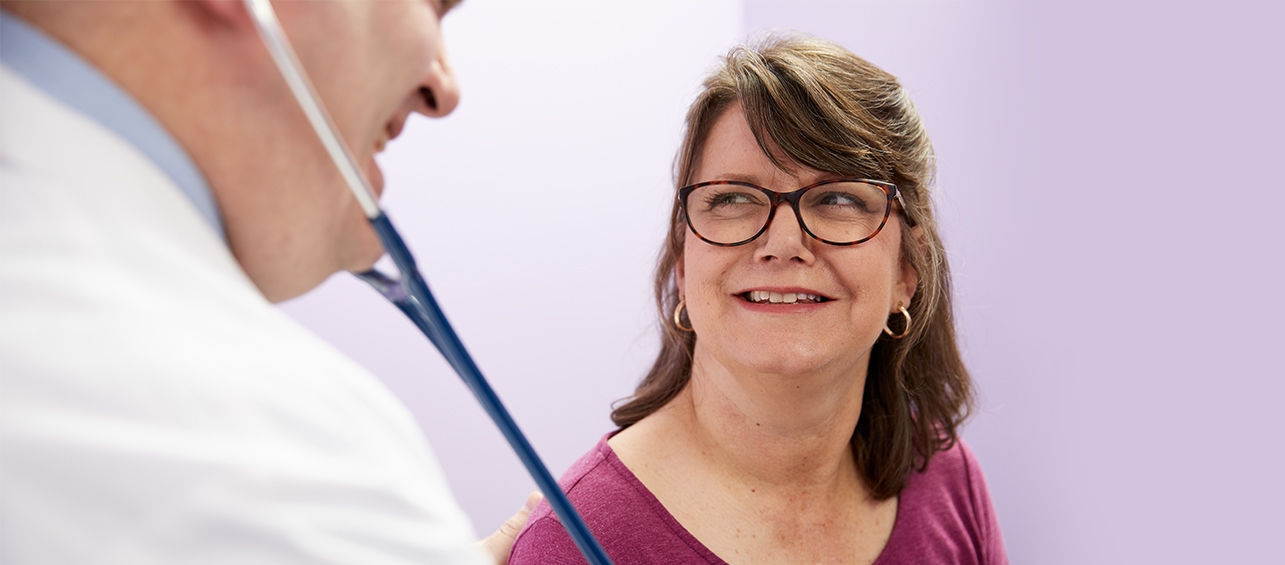I was born with pulmonary atresia with ventricular septal defect and multiple aortopulmonary collateral arteries. To put it simple, I was born with a hole in the bottom half of my heart, no pulmonary valve, and lots of tiny arteries going from my aorta to my lungs with very underdeveloped pulmonary arteries.
Even more simply, my life has been interesting. But despite being born with congenital heart disease (CHD), I consider myself to be extremely lucky in health and in life.
Life-Long Follow-Up Care Has Saved My Life
I’m 32 and thriving in a job I love. I think a big part of why I’m doing so well is that I was never lost to medical care. Every year, like clockwork, I go for my annual checkup, and quite literally, it’s saved my life. I’ve met other adults not so lucky. They stopped going to the doctor because they thought they were cured. They felt fine for so many years (or even decades!) in a row. And now in their 40s or 50s and encountering issues that could have been prevented through life-long follow-up care.
I was never lost to care because my parents instilled the importance of taking care of myself. And to have my heart condition closely followed. As teens and young adults, the last thing we want is to feel different from everyone else. And sometimes with CHD, we do. So it can be very easy to want to ignore that part. But understanding the consequences of what that can do, that’s what kept me in care.
Congenital Heart Disease Is A Part of Me, But Not All Of Me
Growing up with a heart condition becomes a part of everyday life. Medications. Doctor’s visits. Procedures. But I learned to not make it all of me. I wasn’t just Jennie the CHD patient. I was Jennie, and I happened to have CHD. Having this outlook really changed how I took care of myself. It was part of my daily routine. And that routine went with me to college and eventually when I moved away from my hometown.
I am grateful to all that my parents and healthcare team did to impart the importance of staying in care. However, there are a few things I wish I’d done differently in my younger years. I’d like to share them, in case it helps someone reading this:
5 Things I Wish I’d Done Differently
-
Learned what my heart defect is and what it means
I didn’t understand my defect until I was nearly a college graduate and going to appointments on my own. I would see my visit summary and not understand half of my diagnoses. This is an important conversation that the parents, patient, and healthcare team need to have together. I’m really grateful that my adult CHD cardiologist was willing to explain it to me in-depth. He even drew my defect for me. This was so helpful! Knowing this information as a teen would have made me much more aware of my condition. I remember seeing a new primary care physician after moving away and not being able to describe my defect. All I really knew was that “I had a hole in my heart.”
-
Spoken for myself
I wish I had spoken for myself at my clinic visits. When I was younger, the doctor would talk to my parents, not me. I think it’s important for pre-teens and teens to start learning how to speak at their appointments. Involving patients in conversations early makes the patients more aware of their condition and invested in their care.
-
Learned how insurance works
There’s a lot to learn! I think starting early would have eased the stress of navigating insurance coverage, in- and out- of network doctors, co-pays, deductibles, etc.
-
Found a healthy balance and perspective
Yes, it’s important to stay healthy and strong. But for me, the constant talk of taking care of myself started to feel like pressure. There are pros and cons to this. Pro: I wanted to stay healthy, so that’s why I was adamant about staying in care. Cons: Because I was so aware of needing to be healthy, I wasn’t always honest with my doctors. I didn’t want anyone to worry or think there was something wrong, so I always said I was doing well. It took me until my late 20s to be open and honest about my health with my cardiologist. Now, I’m very grateful to have a team that I feel comfortable talking to about issues or concerns.
-
Focused on mental health
Caring for the physical aspects of CHD are clearly important. But there is a very real impact on mental health. I recommend meeting with the clinic social worker once a year, or more often if needed.

This would help address all aspects of health, including mental. As an adult, I’ve found talk therapy to do wonders for my overall health. When my mind is at ease, there’s less stress, and that is always good for the heart!
Right now, my cardiac health looks great! I’m down to one visit a year. It’s always an all-day affair that involves and echo, EKG, defibrillator check, and sometimes a stress test. For me, one day is a small price to pay to ensure I’m doing okay. I have an incredible team at the Adult Congenital Heart Disease Program at Cincinnati Children’s. When I return for my annual visits, it almost feels like a family reunion!
Read Next: Regular check-ins with an adult congenital cardiologist are important in managing your health if you were born with a heart defect. Find out if you or a loved one should be seeing an adult congenital heart specialist.







Great read Jennie